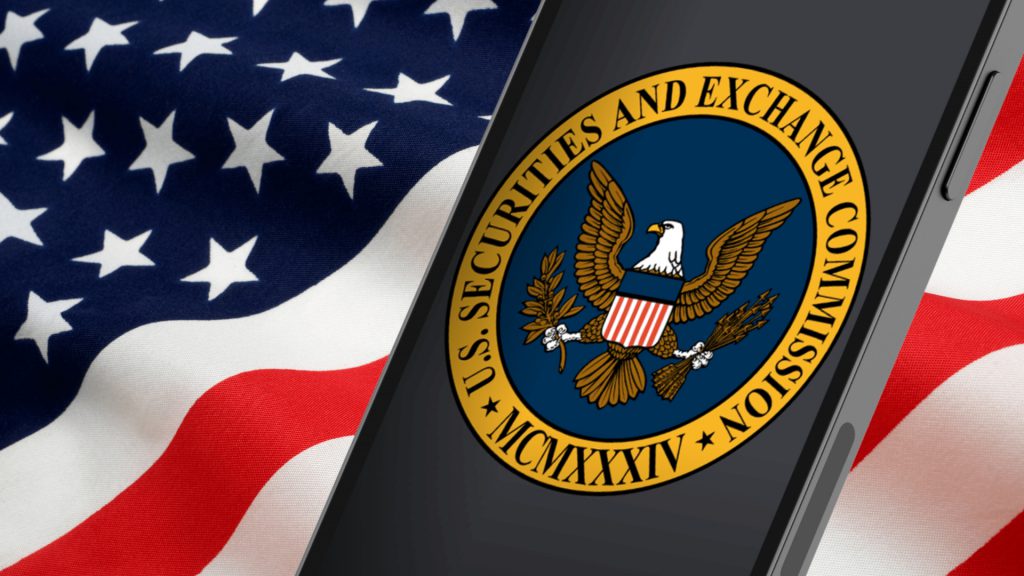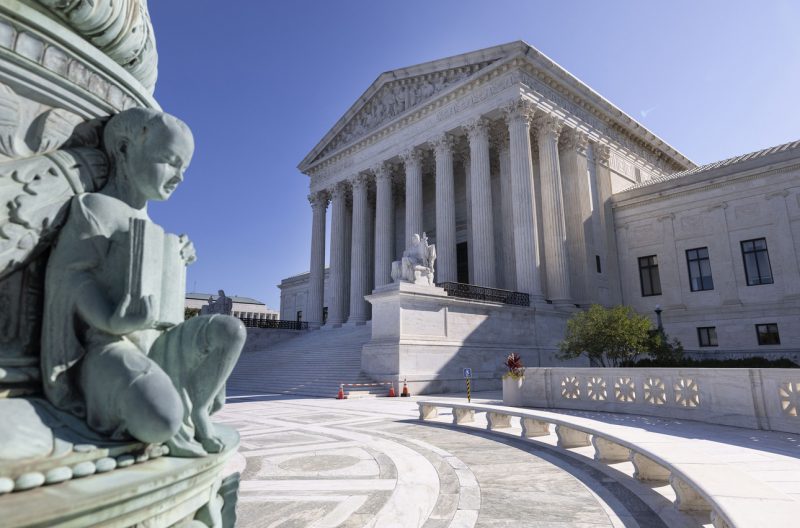The Supreme Court has restricted the ability of the SEC to enforce anti-fraud laws and level civil penalties against violators. In a 6-3 decision, Chief Justice John Roberts, writing for all 6 members of the Court’s conservative majority, struck down the ability of the agency to hold in-house administrative proceedings instead of pursuing a trial federal court.
“The case poses a straightforward question: whether the Seventh Amendment entitles a defendant to a jury trial when the SEC seeks civil penalties against him for securities fraud,” Roberts wrote. “It does.”
The defendant in the case, George Jarkesy, is a Texas hedge-fund manager. An SEC administrative law judge had determined he violated securities laws and assessed a $300,000 civil fine. He sued in federal court alleging his constitutional rights were violated because he didn’t receive a trial by jury.
“A defendant facing a fraud suit has the right to be tried by a jury of his peers before a neutral adjudicator,” Roberts concluded. “Jarkesy [and his company] are entitled to a jury trial in an Article III court.”
Also Read: Coinbase Sues the SEC And FDIC
Supreme Court Hammers Down Further Enforcements on SEC


The government had argued that Congress expressly gave the SEC power to bring administrative proceedings and levy fines outside of a judicial process. Furthermore, the Supreme Court’s own precedents have upheld the constitutionality of such arrangements. The decision will reduce the commission’s leverage to extract high-dollar settlements.
Justice Sonia Sotomayor, in a lengthy 38-page dissent, accused the majority of “judicial hubris” and disregarding precedent. “Today’s ruling is part of a disconcerting trend: When it comes to the separation of powers, this Court tells the American public and its coordinate branches that it knows best,” she wrote.
Also Read: VanEck Files for Spot Solana ETF
The Court’s decision is a setback to the Biden administration. The decision could undermine similar administrative enforcement mechanisms at other government agencies. For context, the SEC collected more than $5 billion in civil penalties last year, according to the agency.
“There will be a permanent change in how the SEC will be using its administrative courts. It has been increasingly moribund in the past few years, and now you can officially call it dead for fraud cases seeking penalties,” said Richard Hong, a former prosecutor and SEC trial lawyer.
“You can reasonably expect the SEC’s administrative courts to have a very narrow docket involving those seeking bars and other suspensions only. And it will put some real pressure on the SEC to figure out how they will manage its litigation docket going forward, particularly given its budgetary constraints.”
Richard Hong, former prosecutor and SEC trial lawyer





